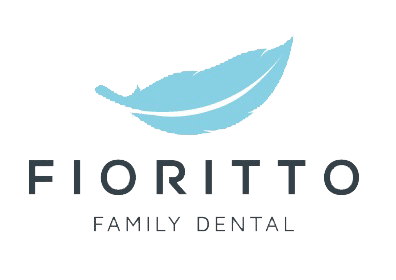Your baby’s first tooth is an exciting milestone, but a good infant oral care routine begins much earlier. Although baby teeth aren’t permanent, it’s still important to care for them until your child’s permanent teeth erupt. Taking care of your child’s baby teeth supports proper speech and muscle development and builds healthy dental hygiene habits.
When do baby teeth come in and fall out?
There are several factors which can affect when your child’s baby teeth will come in and when they will fall out, including genetics. Generally, a child’s teeth will begin erupting between six to 12 months of age, and the second molars (both upper and lower) will erupt between 23 to 33 months. During this time, you’ll probably notice fussiness, drooling, refusing food, hands in the mouth and impaired sleep. Lower front teeth are often the first to arrive.
Baby teeth typically begin to fall out around age six, with the last baby molars falling out as late as 12 years old. By the time the first tooth falls out, you and your child should have an established oral healthcare routine, including brushing, flossing and regular visits to your Fioritto dentist.
How to care for baby teeth
Before your child shows any signs of teething, you can care for their gums. Use a soft, moist washcloth or piece of gauze and gently wipe down your baby’s gums after feedings and before bedtime. This helps eliminate bacteria and prevent plaque from forming as their baby teeth come in.
When your child’s first teeth erupt, it’s time to start brushing. Use a soft, child-size toothbrush and a small dab of Fioritto-approved toothpaste. Gently brush your child’s teeth and gums twice per day, spending about one-two minutes each session. Once all of their baby teeth have erupted, add flossing to your dental routine. Keep an eye out for brown or white spots on baby teeth, or visible pitting, which may be signs of tooth decay.
As soon as your child is able to hold the toothbrush and brush their own teeth, it’s time to establish their own dental hygiene habits. Parents should still supervise until the child is able to carry out the whole routine on their own, including rinsing and flossing. The goal is to help them create a solid oral health foundation that will carry them through adulthood.
Finally, be sure to schedule regular dental visits for your child. Your child’s first visit to Fioritto Family Dental should occur by the time they reach one year of age, or within six months of their first tooth erupting. Not only will your dentist check to ensure that their teeth are developing properly, but they can guide you through pediatric dental hygiene best practices. Best of all, by starting these visits early, your child is more likely to regard dental checkups as a positive experience!
For more information about caring for your child’s teeth, or to schedule a checkup, reach out to Fioritto Family Dental today.
